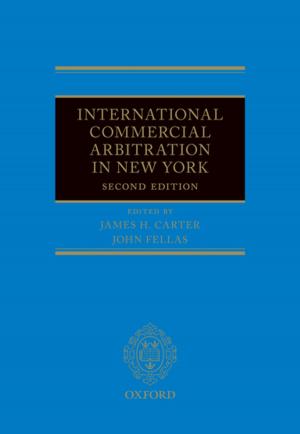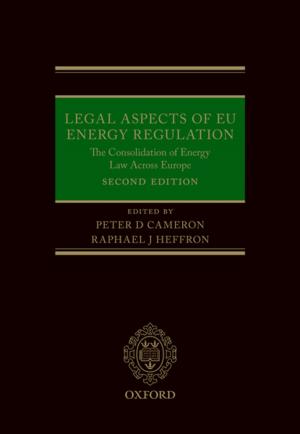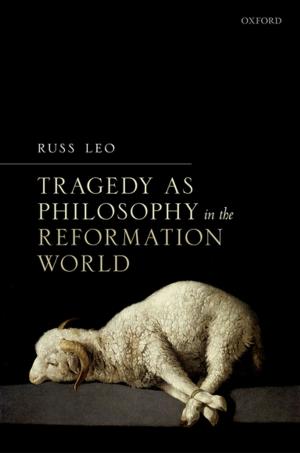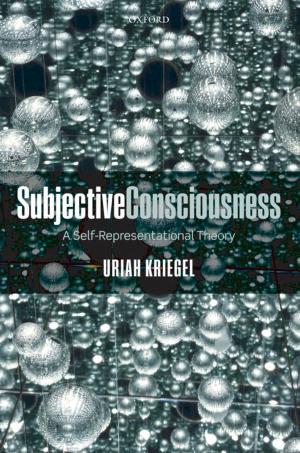The Importance of Being Rational
Nonfiction, Religion & Spirituality, Philosophy, Ethics & Moral Philosophy, Health & Well Being, Psychology| Author: | Errol Lord | ISBN: | 9780192546753 |
| Publisher: | OUP Oxford | Publication: | May 31, 2018 |
| Imprint: | OUP Oxford | Language: | English |
| Author: | Errol Lord |
| ISBN: | 9780192546753 |
| Publisher: | OUP Oxford |
| Publication: | May 31, 2018 |
| Imprint: | OUP Oxford |
| Language: | English |
The Importance of Being Rational systematically defends a novel reasons-based account of rationality. The book's central thesis is that what it is for one to be rational is to correctly respond to the normative reasons one possesses. Errol Lord defends novel views about what it is to possess reasons and what it is to correctly respond to reasons. He shows that these views not only help to support the book's main thesis, they also help to resolve several important problems that are independent of rationality. The account of possession provides novel contributions to debates about what determines what we ought to do, and the account of correctly responding to reasons provides novel contributions to debates about causal theories of reacting for reasons. After defending views about possession and correctly responding, Lord shows that the account of rationality can solve two difficult problems about rationality. The first is the New Evil Demon problem. The book argues that the account has the resources to show that internal duplicates necessarily have the same rational status. The second problem concerns the deontic significance of rationality. Recently it has been doubted whether we ought to be rational. The ultimate conclusion of the book is that the requirements of rationality are the requirements that we ultimately ought to comply with. If this is right, then rationality is of fundamental importance to our deliberative lives.
The Importance of Being Rational systematically defends a novel reasons-based account of rationality. The book's central thesis is that what it is for one to be rational is to correctly respond to the normative reasons one possesses. Errol Lord defends novel views about what it is to possess reasons and what it is to correctly respond to reasons. He shows that these views not only help to support the book's main thesis, they also help to resolve several important problems that are independent of rationality. The account of possession provides novel contributions to debates about what determines what we ought to do, and the account of correctly responding to reasons provides novel contributions to debates about causal theories of reacting for reasons. After defending views about possession and correctly responding, Lord shows that the account of rationality can solve two difficult problems about rationality. The first is the New Evil Demon problem. The book argues that the account has the resources to show that internal duplicates necessarily have the same rational status. The second problem concerns the deontic significance of rationality. Recently it has been doubted whether we ought to be rational. The ultimate conclusion of the book is that the requirements of rationality are the requirements that we ultimately ought to comply with. If this is right, then rationality is of fundamental importance to our deliberative lives.















